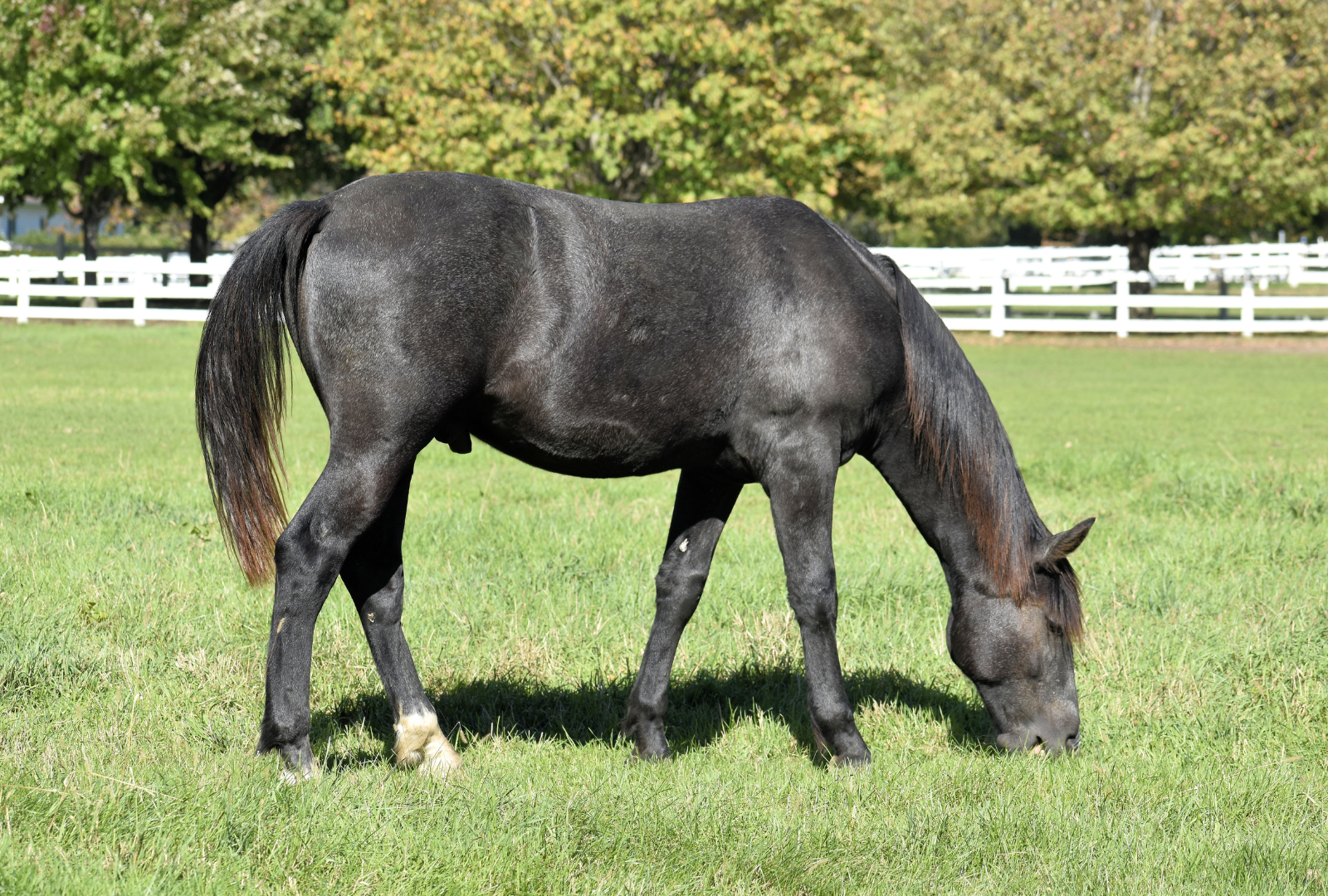
Black Horses That Fade Out in Summer
In this episode of Holistic Horseworks Talks, April discusses how the color change is likely due to a copper deficiency in the horse’s diet. She suggests feeding the horse Dynamite Liquid Trace Minerals once a week to provide the necessary copper and prevent the fading of its black coat.
April also mentions that chestnut horses with burnt-out-looking hair and curled ends may have a copper deficiency as well.
April believes that mineral deficiency can make horses more prone to parasites, so she advises using organic diatomaceous earth and doing fecal counts every two to three months.
Episode Transcription
Expand to read more...
I know a beautiful, beautiful black horse, but in the summertime, he turns to more of a brown color. He just bleaches out. Is there anything we can do to keep him nice and black?”
April: “So for my clients, when we feed the Dynamite Liquid Trace Minerals and their feed once a week, they hold that black color, so it’s something in the copper that they’re needing that they’re not getting, so the black Friesians that don’t stay black.
And when my clients give them the Dynamite Liquid Trace Minerals in their feed for two or three days in a row, they go back to black and the chestnut horses that have that burnt-out looking hair? That kind of curl looks like little fishhooks. That’s a copper deficiency as well. And those horses are going to be more prone to parasites as well.
So, you can buy feeds that will keep your horse black. You will have shampoos that keep your horse black, but I believe if it’s a mineral deficiency and the Dynamite Liquid Trace minerals help that. That’s $30.00 for three months versus, the cost of all the other products that you guys are using. So, try that first on your black horses, knowing that it strengthens the immune system and my horses help them compete better, seems to help them stay healthier longer.
And when I do my fecal counts, they were always 0, so I did fecal counts and I used organic diatomaceous earth. The product Excel, that Dynamite has just a teaspoon every day on their feed. And I would do fecal counts every two to three months, so the combination of the Dynamite Liquid Trace Minerals and the Excel kept them parasite free and my black horses black and my black and white Pinto really strong black and white, with that ribboning you know where the colors meet.
So that’s what I would recommend. And if you have a Black Horse, that’s what I use.
You can see more information in my free e-book horseacademy101.com website, holistichorseworks.com and YouTube channel Holistic Horseworks. See you there!”
If your black horse experiences a fading effect on their coat during the summer, it’s likely due to a mineral deficiency. Specifically a lack of copper, which plays a vital role in the production of melanin—the pigment responsible for their deep black hue. When copper levels are insufficient, the coat loses its intensity and depth, resulting in a less striking brown appearance.
Enter Dynamite Liquid Trace Minerals, a game-changing solution for maintaining the luster of black horse coats. By adding these trace minerals to a horse’s feed just once a week, you can help them retain their captivating black color. These minerals seem to fulfill the copper needs that some black-coated horses might be lacking, effectively preventing the bleaching effect during summer and promoting a radiant coat year-round.
Interestingly, copper deficiency doesn’t only affect black horses. Even chestnut horses with a burnt-out appearance to their hair, often displaying curled strands resembling fishhooks, may suffer from a lack of copper. This deficiency not only impacts their coat appearance but also weakens their immune system.
Horses experiencing a copper deficiency are also likely to have parasites. Embracing a holistic approach to equine health, some horse owners combine trace minerals with Dynamite Excel to maintain a parasite-free environment for their horses.
One of the significant advantages of Dynamite Liquid Trace Minerals is its cost-effectiveness. Compared to various other specialized products in the market, this option is highly affordable, costing around $30.00 for a three-month supply.
Incorporating Dynamite Liquid Trace Minerals into your horse care routine aligns with a holistic approach to equine health. By addressing mineral deficiencies and supporting the immune system, you’ll be providing your horse with the best care possible, ensuring they shine bright and remain healthy throughout the year.
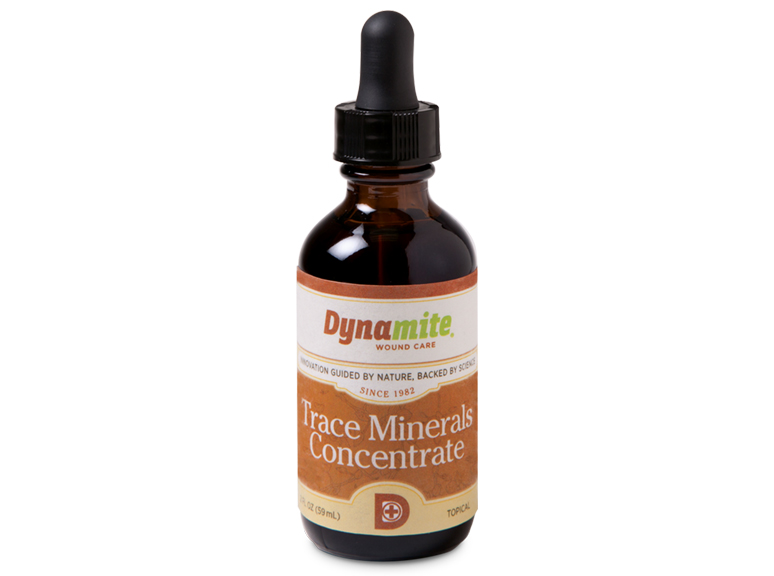
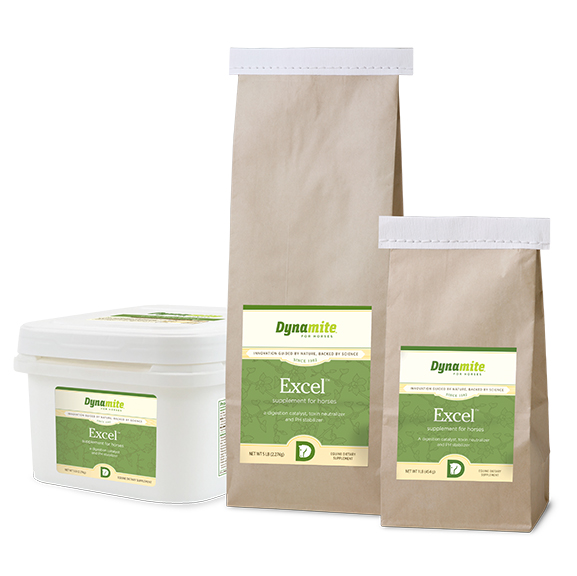
Foals Need Bodywork, Too!
Early bodywork can profoundly impact your foal's development, ensuring they grow into healthy, balanced, and well-adjusted adults. Let's talk about essential timing and techniques of early bodywork, helping you recognize signs of misalignment and understand the benefits of starting bodywork from a young age.
Summer Heat and the Best Electrolytes for Horses
As the summer heat sets in, it's important to consider your horse's electrolyte needs. Proper electrolyte supplementation can help keep your horse happy, healthy, and performing their best even in the hottest weather. Discover the importance of electrolytes and get our top recommendation for the best electrolytes, along with tips on when and how to use them effectively.
Tips to Tune-Up Your Horse in Spring
As the vibrant colors of spring emerge and the weather warms, horse owners are gearing up to provide their equine companions with the care they need for the season ahead. Here are some essential spring tune-up tips to keep your horse happy, healthy, and ready for action.
Maintaining Healthy Weight in Older Horses with Vegan Fat Sources
In this episode, our founder, April Love, shares valuable information on maintaining the well-being of older horses, focusing on a simple recipe for a vegan fat source. The discussion delves into practical tips for horses with missing teeth, difficulty gaining weight, and the importance of identifying and addressing insulin resistance.
Dealing with Laminitis, Foundered Horses, and General Hoof Health
Horse’s hooves have to support the entire body. Hoof care must be the foundation for complete health care. In this episode, April discusses various hoof issues and effective solutions for maintaining healthy hooves. Whether you’re dealing with laminitis, foundered horses, or general hoof health, these insights can make a significant difference.
Are you ready to treat a wound in an emergency?
In this episode of Holistic Horseworks, April retells a story about an incident in one of her clinics. Despite being told repeatedly to NOT tie the horse to the corral panels, one student did just that. When the horse spooked, the corral panel hit another student in the head and caused a small but bloody gash. While her students were wondering what to do, April stepped in to treat the wounded student.
Caring for Older Horses: Arthritis, Mobility, Nutrition, and Hooves
In this episode of Holistic Horseworks Talks, April Love shares helpful practices for caring for older horses. She offers information not only about supporting the symptoms of arthritis but even more importantly, preventative measures to keep it at bay for as long as possible. April also shares many other useful tips for aging equines such as choosing healthy feed to keep on weight, the importance of daily stretching, and even hoof care.
How does your horse’s environment affect their mood?
In this episode of Holistic Horseworks Talks, host April Love delves into the often unseen environmental factors that can significantly affect a horse’s behavior, mineral assimilation, and overall immune system. Through insightful anecdotes and practical advice, April sheds light on how power lines, water sources, and even natural elements like trees out in the pasture can impact a horse’s well-being.
Emotional Healing for Horses
Horse care is more than just the physical— there's also an emotional component. Emotions can it directly affects the horse's behavior, performance, and overall health. It's also important to consider how the emotions of the owner can affect the emotions of the horse, and vice versa.
The Importance of the First Rib in Horses
Join us in this episode of Holistic Horseworks Talks with April Love as we explore the often-overlooked significance of the first mobility rib in equine anatomy. She sheds light on how misalignments of the first rib can lead to various issues with people such as thoracic outlet syndrome, frozen shoulder, tendonitis, bursitis, and carpel tunnel syndrome. So think about all the things it could be impeding your horse's freedom of movement in the front end. This is what starts the high-low hoof syndrome, horse not picking up right or left lead, mysterious lameness, kissing spine, behavioral issues, and even roaring in horses requiring expensive tie-back surgery.

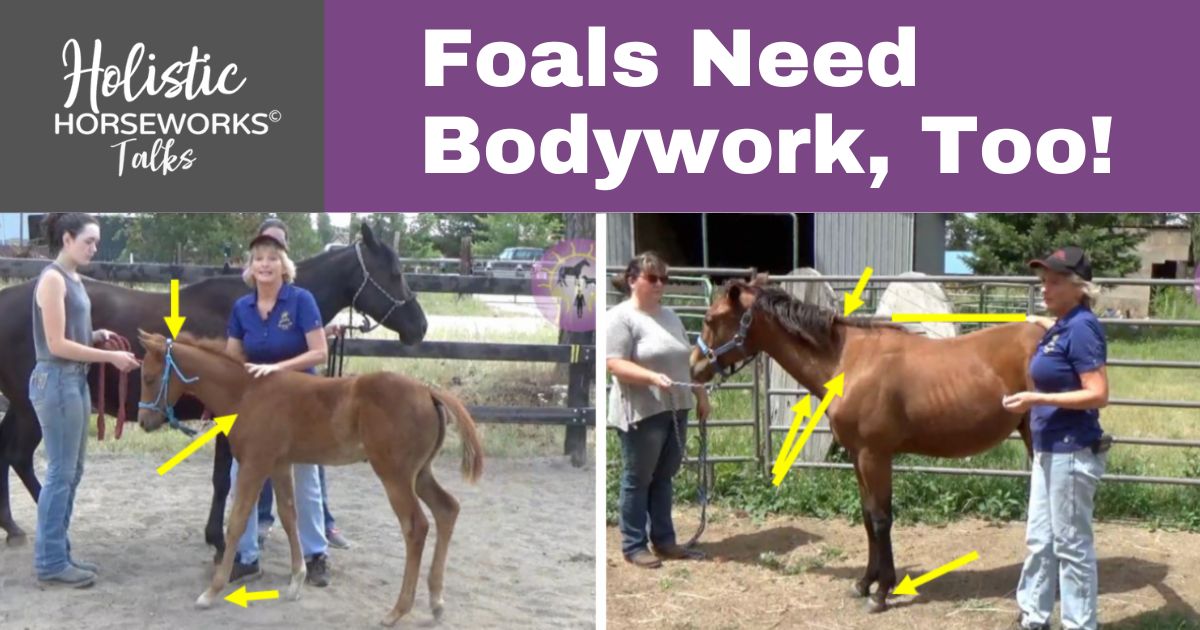
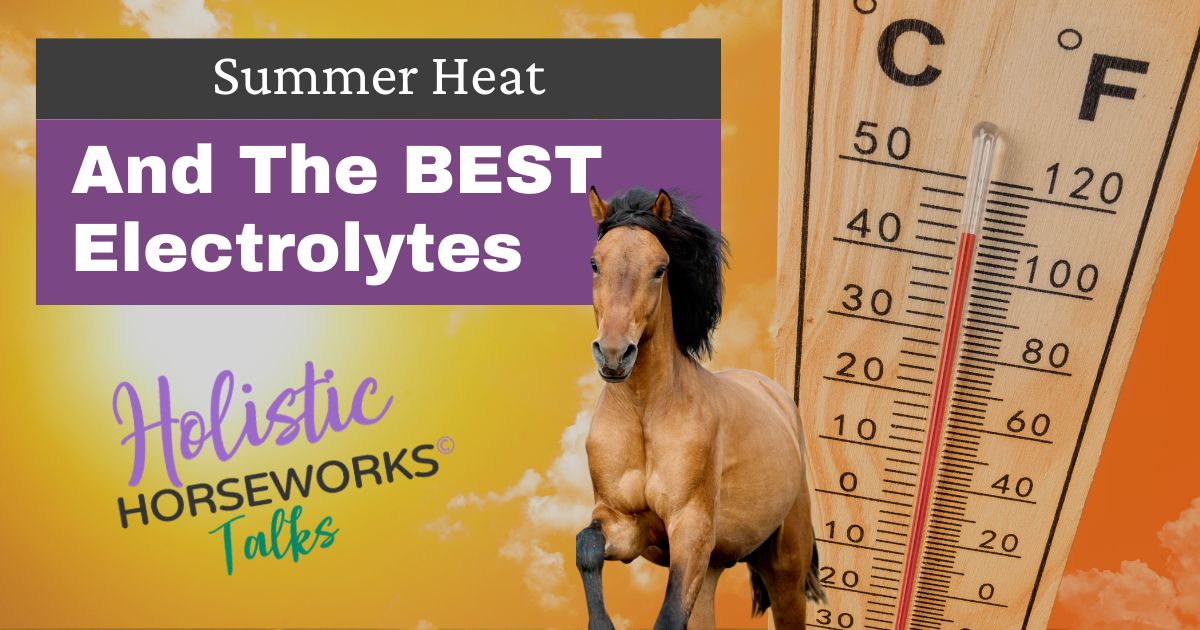
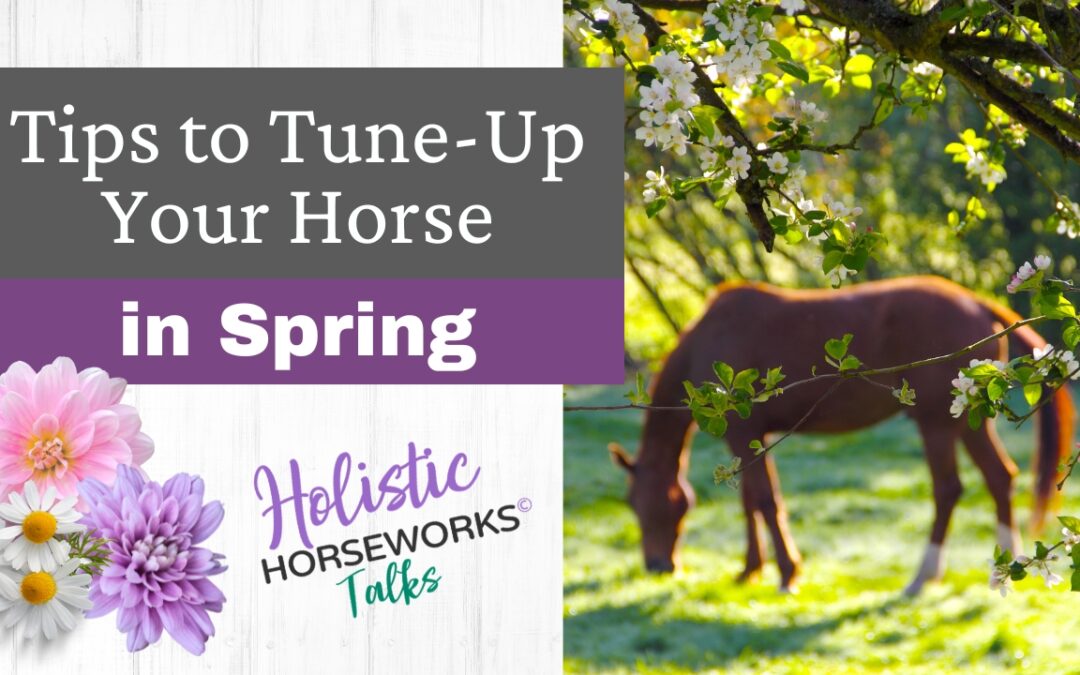
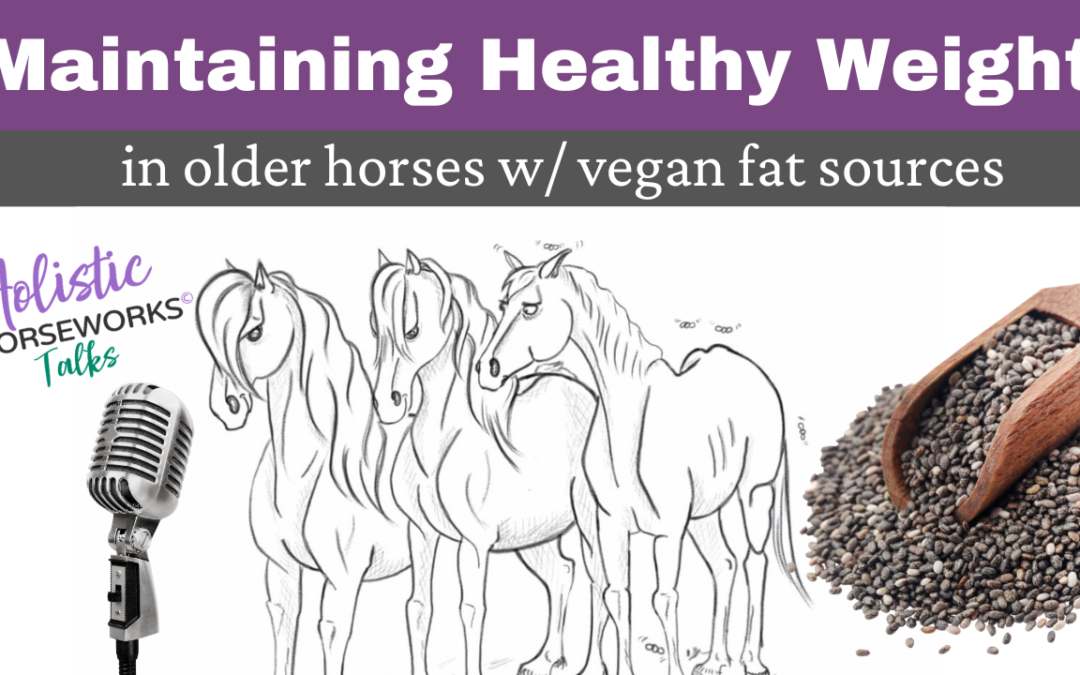
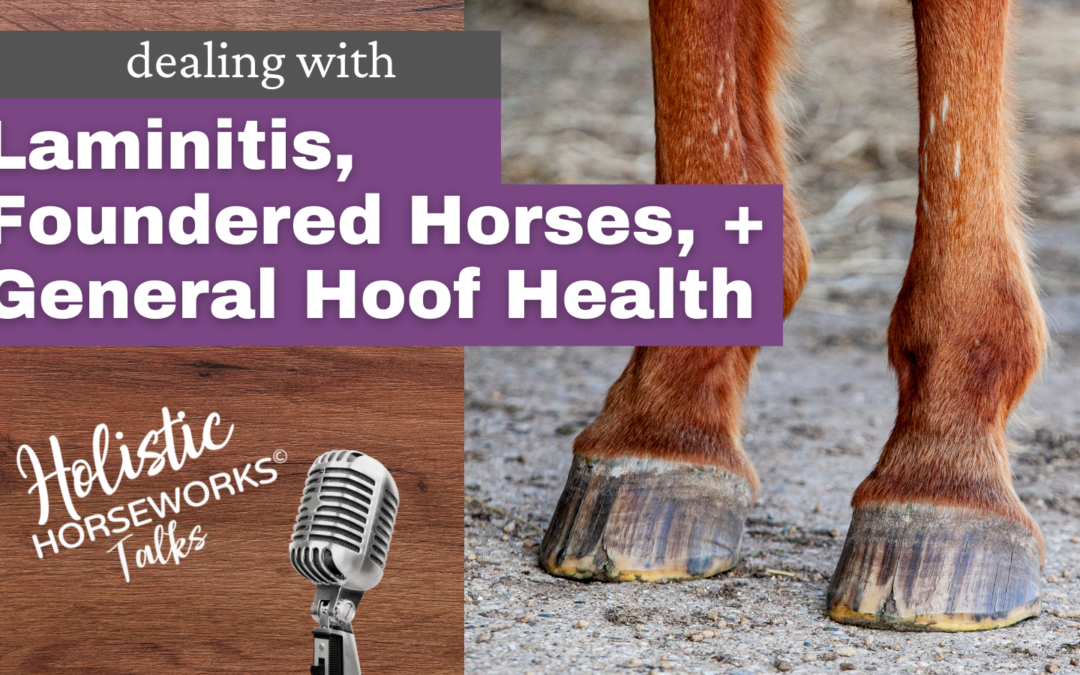

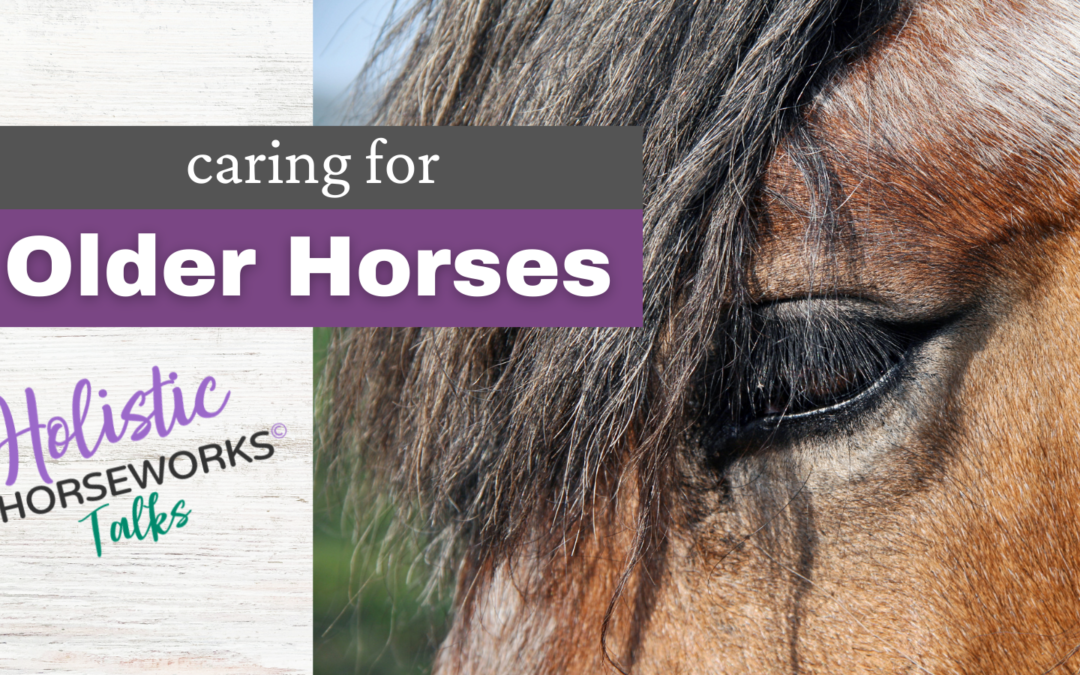
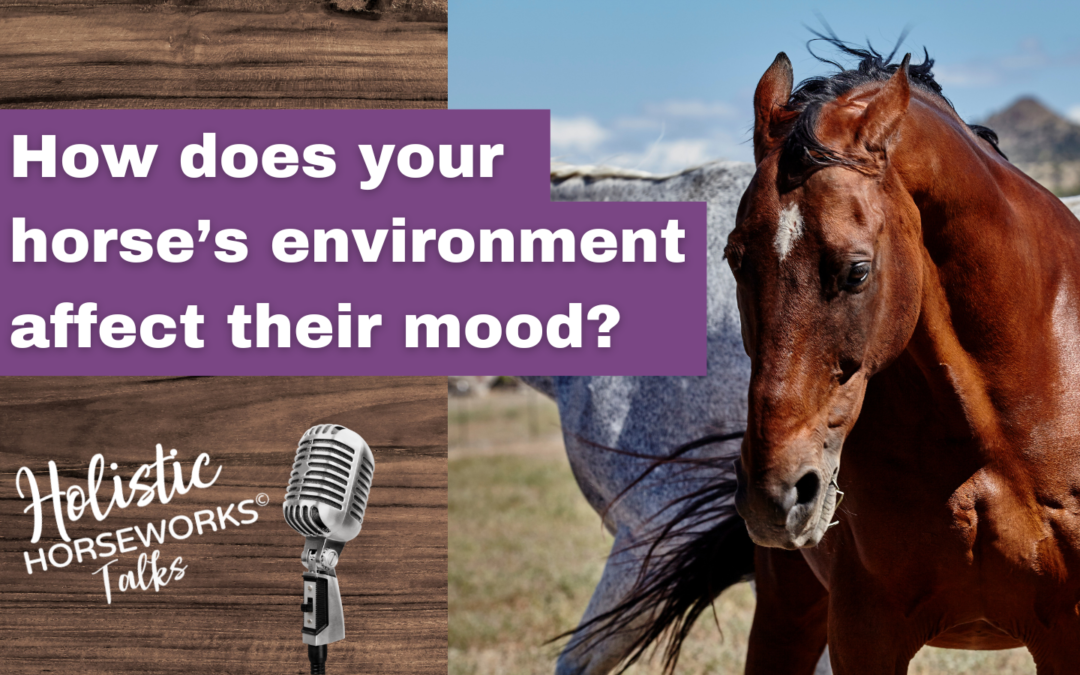
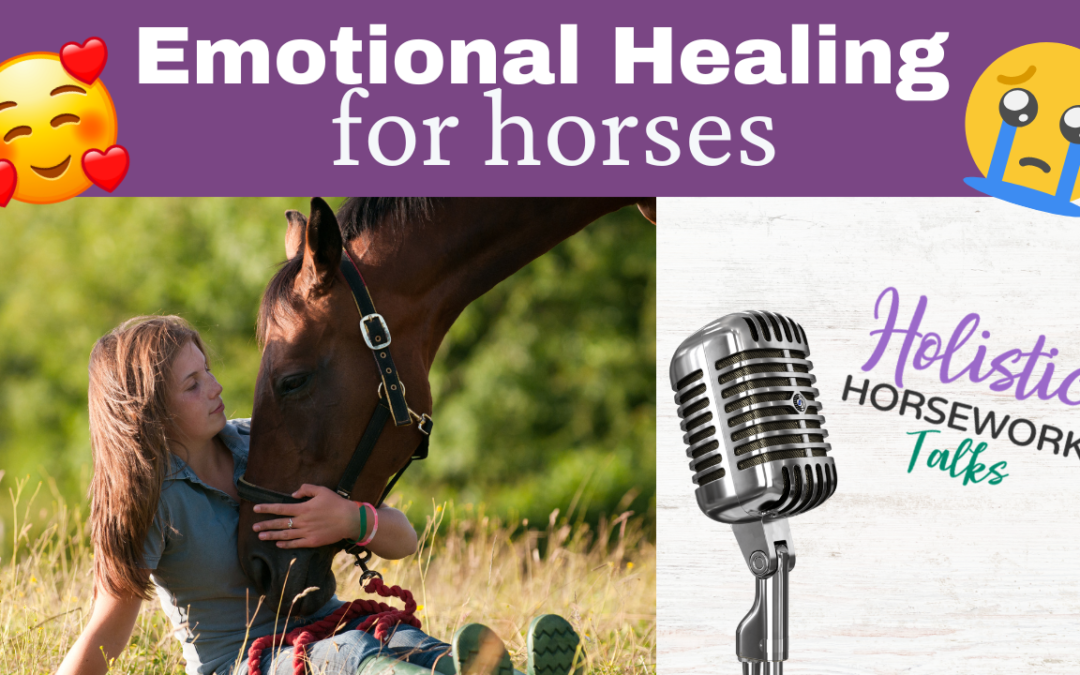
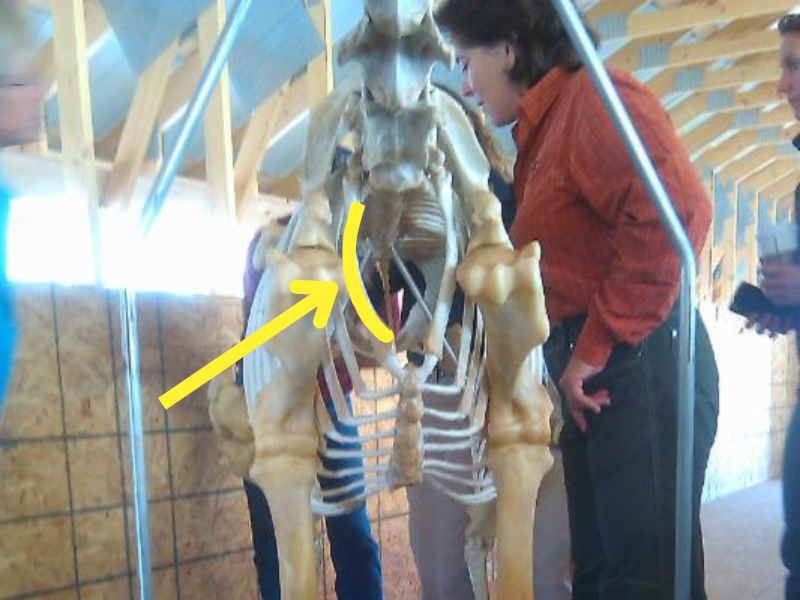

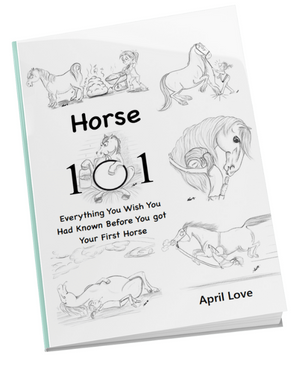
![Complete Level 1 & Level 2 Home Study + Private Training Package [NO DVD]](https://holistichorseworks.com/wp-content/uploads/2022/08/Level-1-and-Level-2-complete-home-study-and-training-package-400x400.jpg)
![Level 1 "Equine Musculoskeletal Unwinding" Home Study -Watch Instantly [NO DVD]](https://holistichorseworks.com/wp-content/uploads/2022/08/Level-1-Home-Study-400x400.jpg)
![Level 2 “CranioSacral Unwinding & Advanced Applied Kinesiology” Home Study - Watch Instantly [NO DVD]](https://holistichorseworks.com/wp-content/uploads/2022/08/Level-2-Home-Study-400x400.jpg)

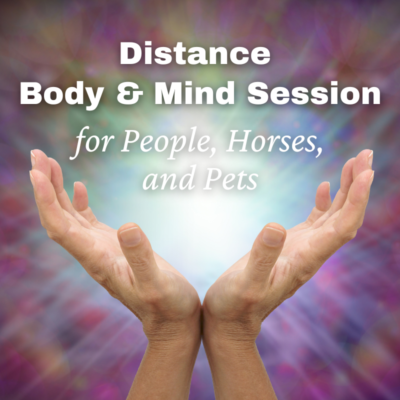


![Equine CranioSacral Energy Work -Watch Instantly [English and French]](https://holistichorseworks.com/wp-content/uploads/2022/09/equine-cranial-sacral-energy-work-watch-instantly-400x400.jpg)